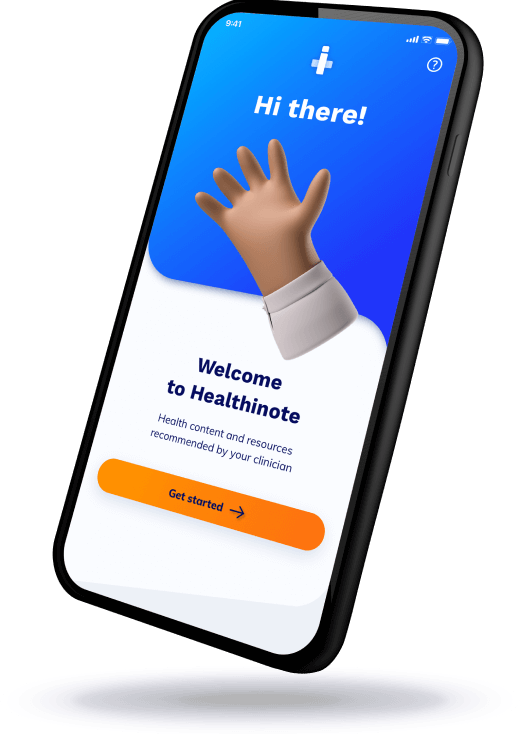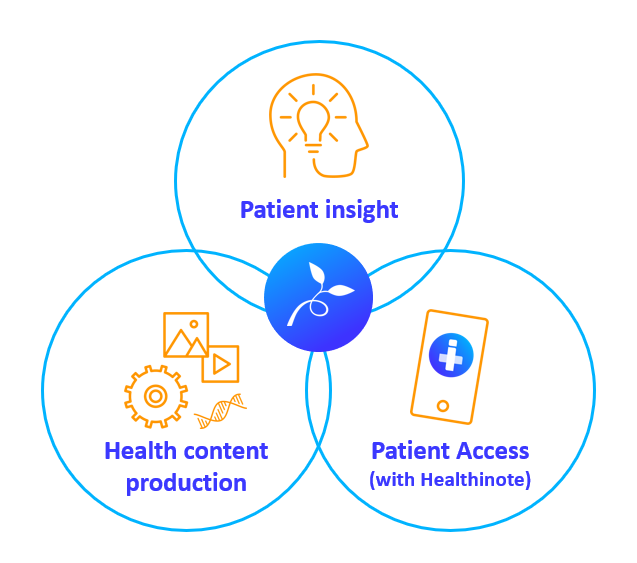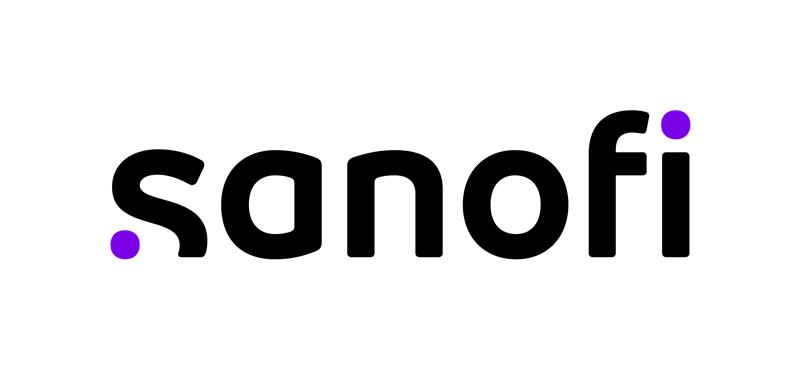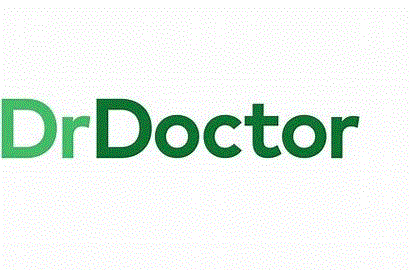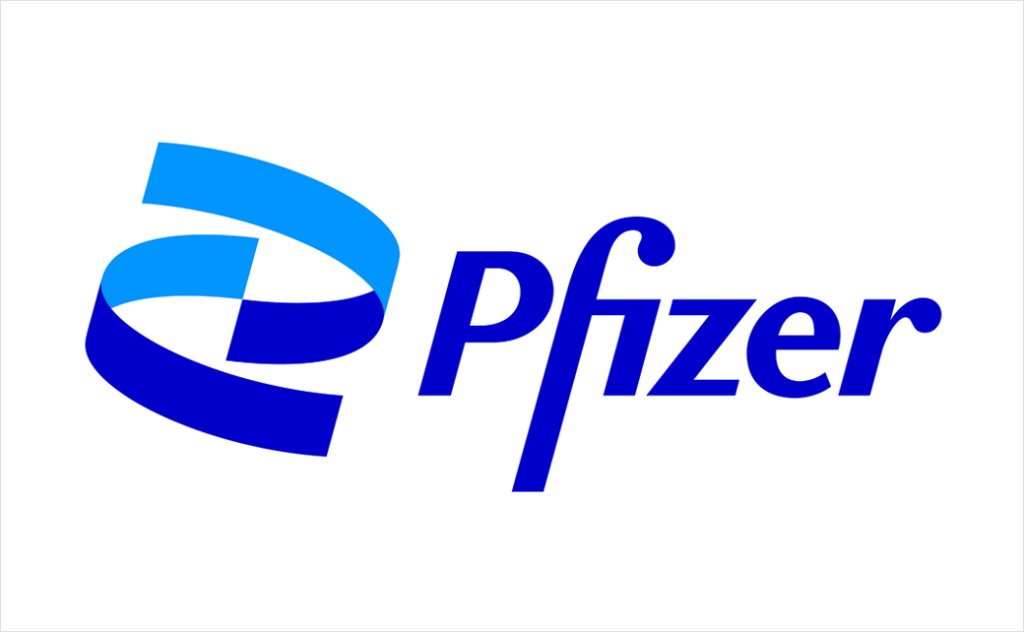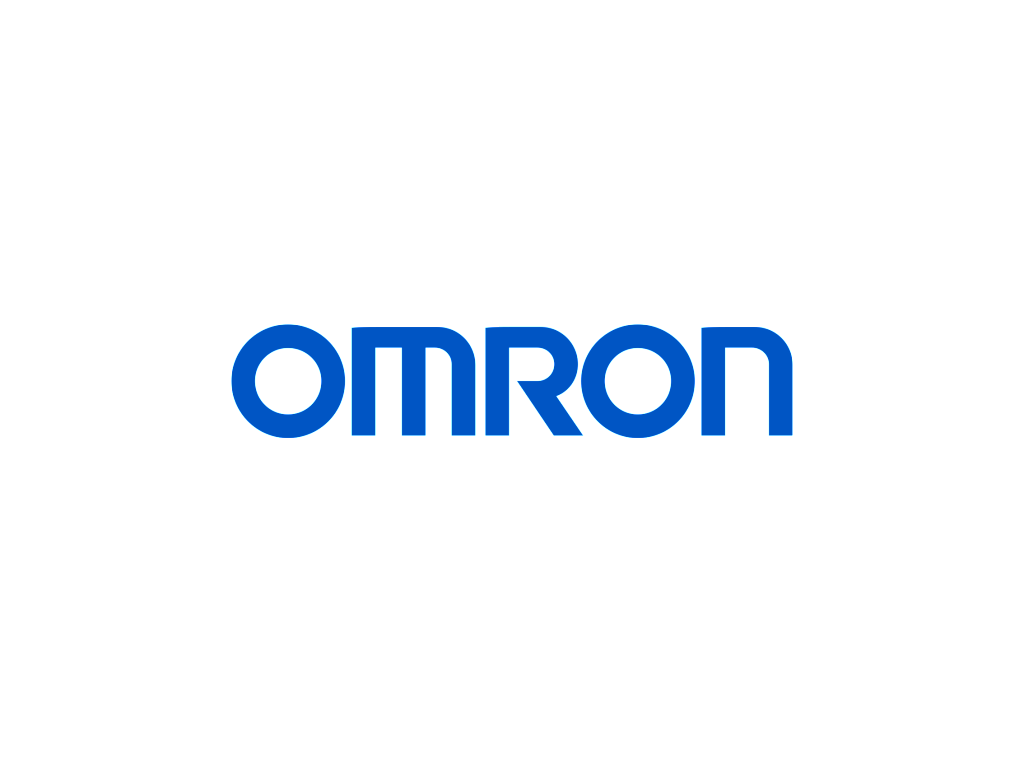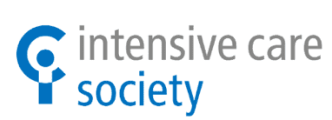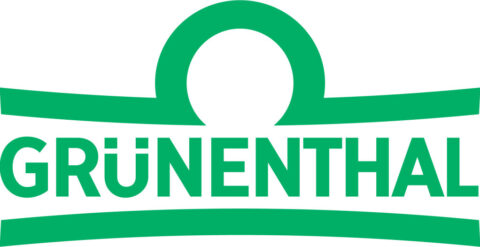The education programme has given me control of what has been bewildering, and given me hope that I can do something for myself to help myself going forward
Chronic Kidney Disease Patient
[The information] is all in one place and it is targeted at me and my condition… it is trustworthy and avoids a ‘Google diagnosis’… and helping caregivers makes a huge difference.
Stroke survivor
An important, culturally sensitive resource with excellent co-production and noteworthy attention to language inclusivity and digital accessibility.
Comment from the shortlist panel of the BMA PLG patient information awards 2023
Cognitant has developed an outstanding platform for supporting patients with long-term conditions and as providers within the ICS have adopted the chronic kidney disease programme.
Prof Paul Cockwell, Consultant Nephrologist, Medical Director for Long Term Conditions, Birmingham and Solihull ICS, President UK Kidney Association
The workshop was an exciting opportunity to discuss the broad and wide-ranging challenge of managing lupus nephritis with colleagues and experts in the field. From a personal perspective I was able to take away several nuggets which will inform and improve my own practice currently and in the future. Thank you for facilitating such informative discourse.
Patient advisor
A brilliant culturally accessibly resource with language inclusivity which responds to the needs of the local community.
Excellent co-production and consideration of digital exclusion.
Comment from the panel of the BMA PLG patient information awards 2023
Cognitant’s interactive educational program has changed the way that we deliver our service in Norwich .... Previously, our specialist nursing team provided two education appointments with biologic-naïve patients being initiated on a biological treatment. Use of the interactive RA program allowed us to free up one of these appointments, which, given pressures on our service, has been hugely valuable.
Dr Jordan Tsigarides, Senior Clinical Fellow (Rheumatology), NNUH
Really enjoyed the process and getting the right content developed for our community. It's been a real. learning curve for us, and we are delighted with the final product!
Client
The information is accessible, being provided in different formats and easy read language, and I can send it to my patients at the click of a button.
Dr Eleana Bibb, GP and Healthinote user
I commend the team for their time management, excellent communication and commitment to deliver on agreed action plan. Their support subsequent to project completion is also valuable. I look forward to working with them again.
Client
The multi-lingual, visual chronic kidney disease programme you have produced is a god send for us.
Renal consultant, NHS
I have found the Advanced Melanoma Patient Support Hub absolutely invaluable. In my opinion, and more importantly from patient feedback, the first time a patient comes to see an oncologist can be completely overwhelming. They are often, very understandably, nervous and anxious about what the diagnosis will mean for them and what treatment they may be offered. For many reasons they often retain very little information from that first interaction. Being able to give them access to the patient support hub has made such a difference to my practice. It gives my patients access to a trusted and informative resource that they can use in their own time which allows them to come back to their appointments so much better informed about the journey ahead and who and what this is likely to involve. I simply don’t know what I would do without this resource now and neither do my patients. It is a real credit that the time and effort has been put aside to create such a wonderful resource, thank you!
Clinician
By collaborating with Cognitant and involving the patient community, we successfully developed an informative and comprehensible campaign to better inform parents and families in their decision/choice to participate in our Natural History study. Ultimately, through their professionalism and creativity, Cognitant designed an “out of the box” series of patient information videos and materials.
Gisela Linthorst, Head of Patient Engagement, Azafaros
Collaborating with Cognitant on a VR project has been an absolute pleasure. The team's efficiency, dedication and hard work has made the experience seamless.
Dr John Wahba, Medical Adviser, Pharmaceutical
I found it all so informative and simple to understand. The navigation section is simple to use and allows you to skip to the sections that are relevant to you. It is explained clearly and concisely, and the avatar makes it a lot more user friendly.
Patient (contraception programme)
It was great to use Healthinote. Super easy to find content, insert into the patient email and then save to record
GP
Such a brilliant innovation that has helped GPs offer extremely high quality information prior to the appointment. Extremely easy to send by text. This has assisted us with limiting face to face time with patients, hence safer all round during the current pandemic
GP
Amazing team. Next generation technology and thinking. Patients always at the heart.
Partner, Candesic
I’ve never experienced anything quite like this. It all felt a bit new. I am not very tech minded but my daughter helped. I like having written information but watching it on her phone made it all feel a bit easier to get to grips with.
Patient (chronic kidney disease, immersive programme)
The 3D avatar is the most complete, you stay immersed and it makes you concentrate.
Patient (avatar-led, immersive diabetes programme)
There is a huge unmet need in patient education for long term conditions. The idea of prescribing the right education for the right patent using modern, immersive and engaging techniques is a simple idea done well by Cognitant.
Professor and Head of Innovation, NHS Teaching Hospital
This is an unique and innovative way to engage the persons living with diabetes to better understand their condition and therefore give them control of their health and their treatment
Dr N Kanumilli, Clinical Network Lead for Diabetes, Greater Manchester and East Cheshire SCN

